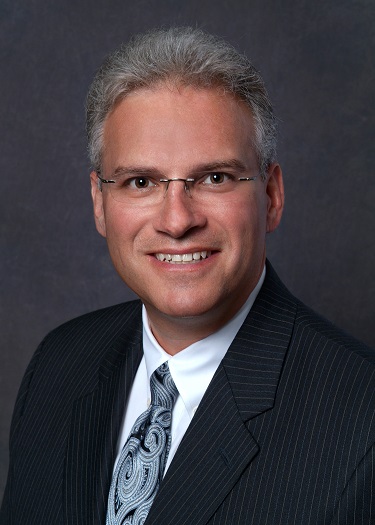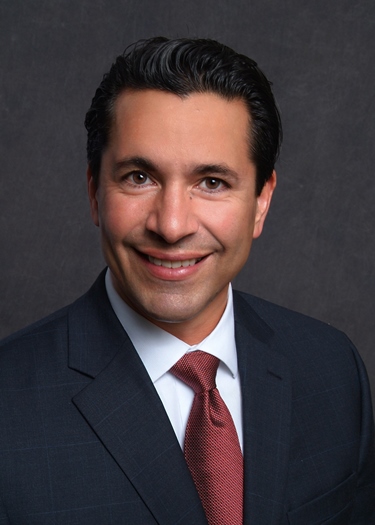For several years, Norris McLaughlin has had a cross-disciplinary group actively involved in all aspects of solar energy. Our solar energy group includes attorneys from our environmental, utility, real estate and land use, construction, business, taxation, insurance, litigation, and intellectual property practice areas. They focus on issues pertaining to solar technology, manufacturing, financing, installation, and operations.
Members of the group lecture at seminars and write articles on topics such as purchase power agreements, state and federal incentives for solar, legislative developments affecting solar, and landlord-tenant issues in solar developments.
For current updates, check out our group members’ post on our environmental law blog, “Law of the Land.”
Some clients prefer to own a solar system outright and recognize all the associated benefits, including the energy itself, available tax credits or direct cash grants, and the income available from selling state-sponsored incentives. In Pennsylvania, these incentives are known as Solar Renewable Energy Certificates, or SRECs. In New Jersey, the SREC program was replaced in April 2020 by a temporary program known as Transition Renewable Energy Certificates, or TRECs, which in turn was replaced by a new Successor Solar Incentive program, known as “SUSI,” in August 2021. Regardless of the applicable incentive program, our focus in these matters is on ensuring that the contract documents clearly spell out the obligations of the general contractor (typically referred to as the EPC contractor, because it is responsible for all engineering, procurement and construction related to the project) and any subcontractors, including equipment suppliers. If the purchase is being financed, we also represent the client in reviewing, negotiating, and finalizing loan documents. A frequent issue is clarifying the relative priorities of the senior lender holding a mortgage on the property where the system will be located versus the separate lender advancing the funds to acquire the system.
Other clients are not prepared to incur the upfront capital costs for a solar system. In these cases, we often negotiate a so-called Power Purchase Agreement (often referred to as a “PPA”), where the client agrees to purchase the power from the developer for a price that is favorable relative to its existing utility costs, but the developer retains ownership of the system and the related tax and other incentive benefits.
Still other clients choose to lease the panels from the developer, which can give them “free” energy plus a predictable monthly payment, rather than a payment that varies with the amount of power purchased under a PPA.
Where the host is the tenant at the site of the proposed installation, countless issues arise under the existing lease and the rights of the landlord. Our Commercial Real Estate Group has become expert in issues related to “green leasing,” addressing these issues both at the time of lease negotiation and in connection with projects to be pursued when a lease is already in place.
We represent several solar developers who offer “turnkey” solutions to potential hosts. In these engagements, in addition to the usual contract issues to be resolved with the host, attorneys in our Environmental and Land Use Groups are often involved in the permit approval process, including zoning and land use issues. While most contracts provide for progress payments from hosts that enable the developers to obtain the necessary panels and other equipment from manufacturers without the need for additional third-party financing, we have also represented developers in obtaining lines of credit that enable them to acquire such equipment at more favorable prices, without any implicit financing cost built into the sales price.
Some, but not all, of our solar developer clients are also willing to offer PPAs to hosts, in which case the developer must usually obtain permanent financing to pay for the system over time, using the proceeds from the sale of the solar energy plus the sale of other incentives to repay the loan.
Some of the specialized issues we have needed to address for developers include the applicability of “prevailing wage” laws to solar installations and public bidding issues related to solar projects for public entities.
In other transactions, we represent the EPC contractor, again with the goal of ensuring that all responsibilities of contractor to the project host and project developer are spelled out as clearly as possible.
We have represented several banks in connection with loans for solar energy projects. These loans have included both permanent financing and revolving lines of credit intended to cover the gap between the time when the equipment must be paid for and the time when payment is received from a host.
The attorneys in the Solar Energy Group represent a major developer/manufacturer of solar powered message boards that are used at road construction projects and elsewhere. We handle the firm’s IP (intellectual property), contract and general business needs. We also represent a specialty film company in its patent and licensing matters. Among the primary products it produces are backing sheets and encapsulating vessels for photovoltaic cells.

Christopher A. Erd
Education
Area of Practice

James H. Laskey
Education
Area of Practice

John F. Lushis, Jr.
Education
Area of Practice

Milan D. Slak
Education
Area of Practice
We use cookies to ensure that we give you the best experience on our website. If you continue to use this site we will assume you consent to our cookie policy. Learn more
